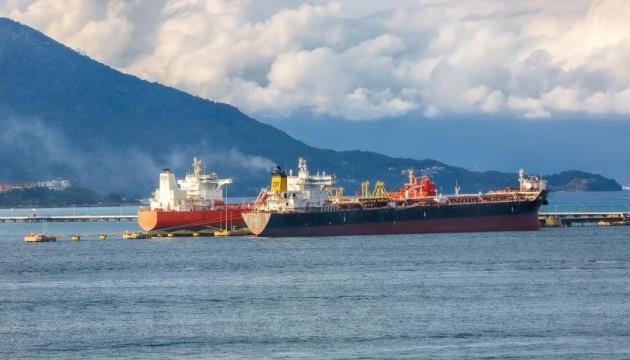
EU Countries Call For Lowering G7 Price Cap On Russian Oil
That's according to an appeal to the Commission, signed by Sweden, Denmark, Finland, Latvia, Lithuania, and Estonia, Ukrinform reports, citing Reuters .
The G7 countries have imposed price caps on Russian crude oil and petroleum products to cut Moscow's revenue from trading in them and thus limit its ability to finance its invasion of Ukraine. The six countries have urged the European Commission to lower the cap, arguing that doing so would not cause a market shock.
“Measures that target revenues from the export of oil are crucial since they reduce Russia's single most important income source. We believe now is the time to further increase the impact of our sanctions by lowering the G7 oil price cap,” the six countries said in the letter.
Read also: New U.S. sanctions undermine financial foundation of Russia's war machine - ZelenskyThe G7 price cap was set at $60 per barrel for Russian crude, and for petroleum products – at $100 per barrel for premium petroleum products and $45 per barrel for discount-to-crude petroleum products.
These maximum prices have not changed since December 2022 and February 2023 when they were introduced while Russian crude prices in 2023 and 2024 were on average below that level.
“The international oil market is better supplied today than in 2022, reducing the risk a lower price cap will cause a supply shock,” the letter said.
“In view of limited storage capacity and its outsized dependence on energy exports for revenue Russia has no alternative to continue oil exports even at a substantially lower price,” the statement said.
As Ukrinform reported earlier, in December 2022, the G7, along with the EU and Australia, agreed to put pressure on buyers of Russian oil by setting a price cap for the commodity. This was intended to limit Russian oil sales and revenues without causing a fuel shortage on the global market and a sharp increase in oil prices.
Read also: New U.S. sanctions hit 184 tankers from Russia's shadow fleetMeanwhile, some countries, including China, continue to import Russian crude oil without complying with the price cap.
G7 finance ministers acknowledged the violation of Russian oil caps and agreed in October to step up their efforts to prevent Russia from trying to evade sanctions.
Legal Disclaimer:
MENAFN provides the
information “as is” without warranty of any kind. We do not accept
any responsibility or liability for the accuracy, content, images,
videos, licenses, completeness, legality, or reliability of the information
contained in this article. If you have any complaints or copyright
issues related to this article, kindly contact the provider above.


















Comments
No comment